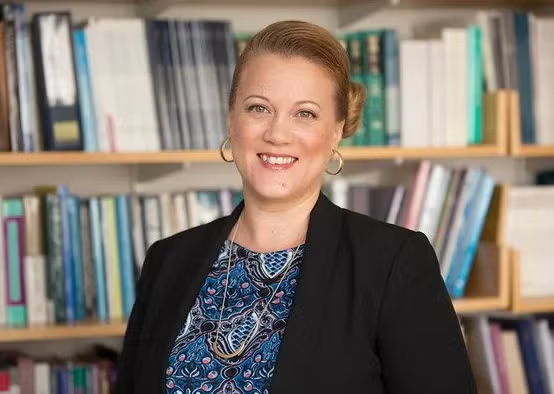Harvard Pop Center Social Demography Seminar: “Immigrant health and the duality of risk”
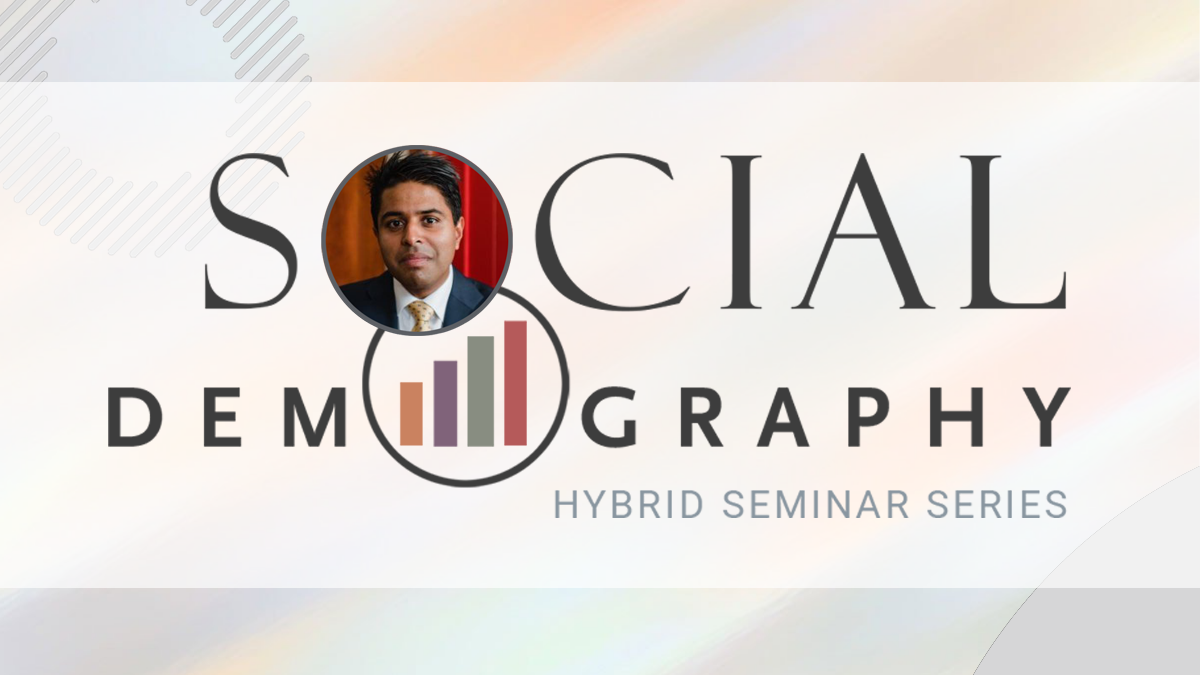
Arun Hendi, PhD, associate professor, sociology and public affairs, Princeton University, presents (remotely) “Immigrant health and the duality of risk.” The Social Demography Seminar (SDS) series at the Harvard Center for Population and Development Studies provides a lively forum for scholars from across the university to discuss in-progress social scientific and population research. Social demography includes work that uses demographic methods to describe and explain the distribution of social goods across populations. The hybrid series offers presentations on a wide variety of topics such as family, gender, race/ethnicity, population health—including mortality, morbidity, and functional health—inequality, immigration, fertility, and the institutional arrangements that shape and respond to population processes.
With the aim of disseminating scholarly research, The Harvard Center for Population and Development Studies hosts a diverse array of speakers. They do not represent or speak for the Center, the School or the University, and hosting them does not imply endorsement of their views, organizations, or employers.
This event is open to the public. Please register in advance.
Speaker Information
Arun Hendi, PhD
Organizers
Film Screening: Raising Bar
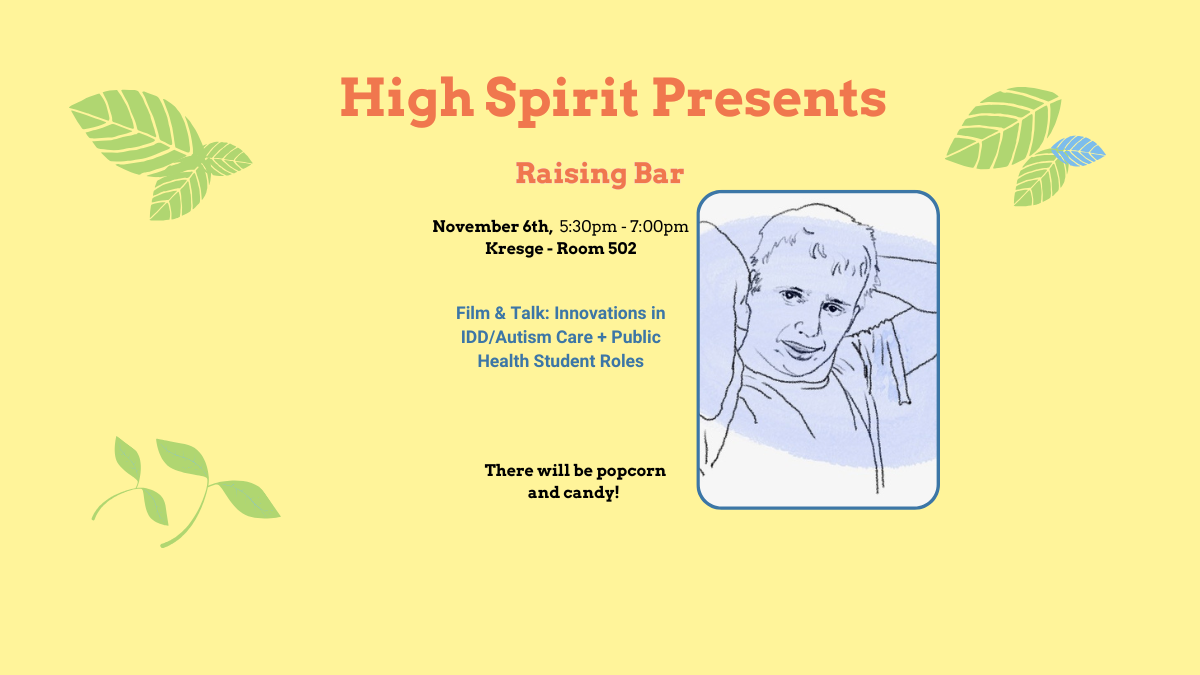
A film screening and discussion about innovations in residential care for adults with IDD and autism and how public health students can contribute to this exciting movement.
There will be popcorn and candy!
This event is open to the public, but if you are not an HUID holder you will need a visitor’s pass for entrance to campus. Please email alevy1@hsph.harvard.edu if you require a visitor’s pass.
Organizers
Monday Nutrition Seminar | EAT-Lancet 2.0: Healthy, Sustainable, and Just Diets for All

Please join the Department of Nutrition for the Monday Nutrition Seminar featuring Walter Willett, MD, DrPH, Professor of Epidemiology and Nutrition and Director of the Thich Nhat Hanh Center for Mindfulness in Public Health at the Harvard T.H. Chan School of Public Health, and Co-Chair of the EAT-Lancet Commission. Dr. Willett will present his talk on “EAT-Lancet 2.0: Healthy, Sustainable, and Just Diets for All”.
This lecture will take place in FXB G-13 and via Zoom (registration is required).
The Monday Nutrition Seminar Series is free and open to the public. If you plan to attend this event and do not have an active HUID, please fill out the registration form by 3:00pm ET on the Friday before the seminar to request a visitor pass to access the building.
Speaker Information
Walter Willett, MD, DrPH
Organizers
Social Demography Seminar: “Where children grow: Neighborhoods, housing, and child development”
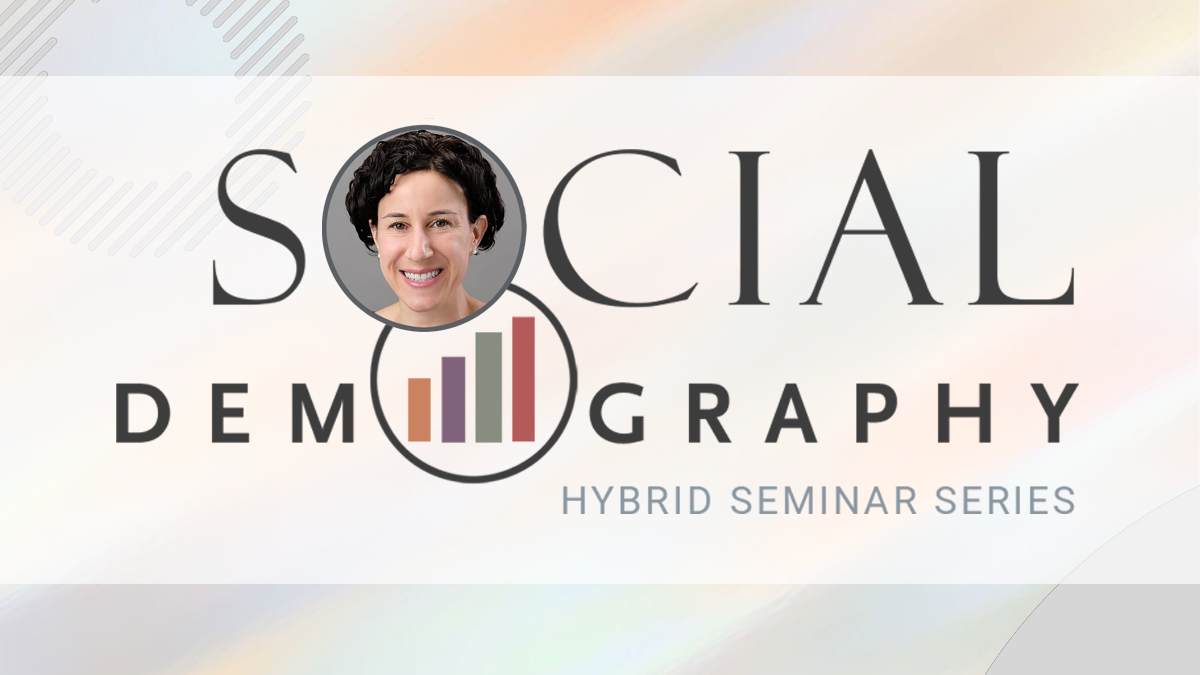
Natalie Slopen, PhD, associate professor, Department of Social and Behavioral Sciences (SBS), Harvard T.H. Chan School of Public Health, presents “Where children grow: Neighborhoods, housing, and child development.” The event is co-sponsored by SBS.
The Social Demography Seminar (SDS) series at the Center for Population and Development Studies provides a lively forum for scholars from across the university to discuss in-progress social scientific and population research. Social demography includes work that uses demographic methods to describe and explain the distribution of social goods across populations. The hybrid series offers presentations on a wide variety of topics such as family, gender, race/ethnicity, population health—including mortality, morbidity, and functional health—inequality, immigration, fertility, and the institutional arrangements that shape and respond to population processes.
Speaker Information
Natalie Slopen, PhD
Organizers
CHDS Seminar with Thomas Trikalinos of Brown University

Join The Center for Health Decision Science for a seminar with Thomas Trikalinos of Brown University, “Propagating Ambiguity into Decision Analyses of Test-and-Treat Strategies.” This presentation will discuss the basics of decision making under ambiguity, also known as “deep uncertainty” or “pervasive uncertainty.” Operationally, ambiguity is defined as uncertainty that the analyst is unwilling or unable to describe with a probability measure model, but is willing to describe with alternative uncertainty models, specifically, with uncertainty sets. For concreteness, it will address the decision analysis of whether the US should screen immigrants for latent tuberculosis infection, a problem with deep uncertainty about the performance of screening tests.
Speaker Information
Thomas Trikalinos
Organizers
Treating violence against children as a disease

Violence against children is pervasive, but not inevitable. It is preventable. Like pervasive diseases such as malaria and tuberculosis, we can diagnose and document violence against children, treat it and ultimately eradicate it. Join us for a wide-ranging discussion focusing on this topic to mark the publication of an important new book, Protecting the World’s Children: Public Health, Human Rights, Capabilities, co-edited by FXB Senior Fellow Susan Bissell and A.K. Shiva Kumar. The book includes the work of leading experts on the multi-faceted threats and violations facing today’s children. Panelists will engage with several key child protection issues and discuss solutions that demand urgent attention and action.
This event is co-sponsored by the FXB Center for Health and Human Rights at Harvard University, the Lakshmi Mittal and Family South Asia Institute at Harvard University, the Carr-Ryan Center for Human Rights at the Harvard Kennedy School, the Harvard Humanitarian Initiative, the Weatherhead Center for International Affairs at Harvard University, and BYkids.
Speaker remarks are based on their own scholarship and experience. As such, they speak for themselves, not for Harvard University.
Speaker Information
Jacqueline Bhabha, JD, MSc
Nandana Dev Sen
Susan Bissell, BA, MA, PhD
Tymur Tsapliienko
Vasileia Digidiki, MSc, PhD
Fridoon Joinda
Satchit Balsari, MD, MPH
Jennifer Leaning, MD, SMH
Organizers
Understanding genocide through a public health lens: Perspectives from Gaza
As a growing number of human rights organizations and United Nations experts have argued that Israel is committing genocide in the Gaza Strip, join the Palestine Program for Health and Human Rights to hear from a panel of experts who will explore the critical role of public health in understanding, documenting, and preventing genocide. We will also explore the potential of public health practitioners to inform mechanisms for accountability in Palestine/Israel.
Please register in advance for this online event.
Speaker remarks are based on their own scholarship and experience. As such, they speak for themselves, not for Harvard University.
Speaker Information
Abdulwhhab Abu Alamrain, MD
Aseel Aburass, MA
Elisa von Joeden-Forgey, PhD
Organizers
Social Demography Seminar with Atheendar Venkataramani
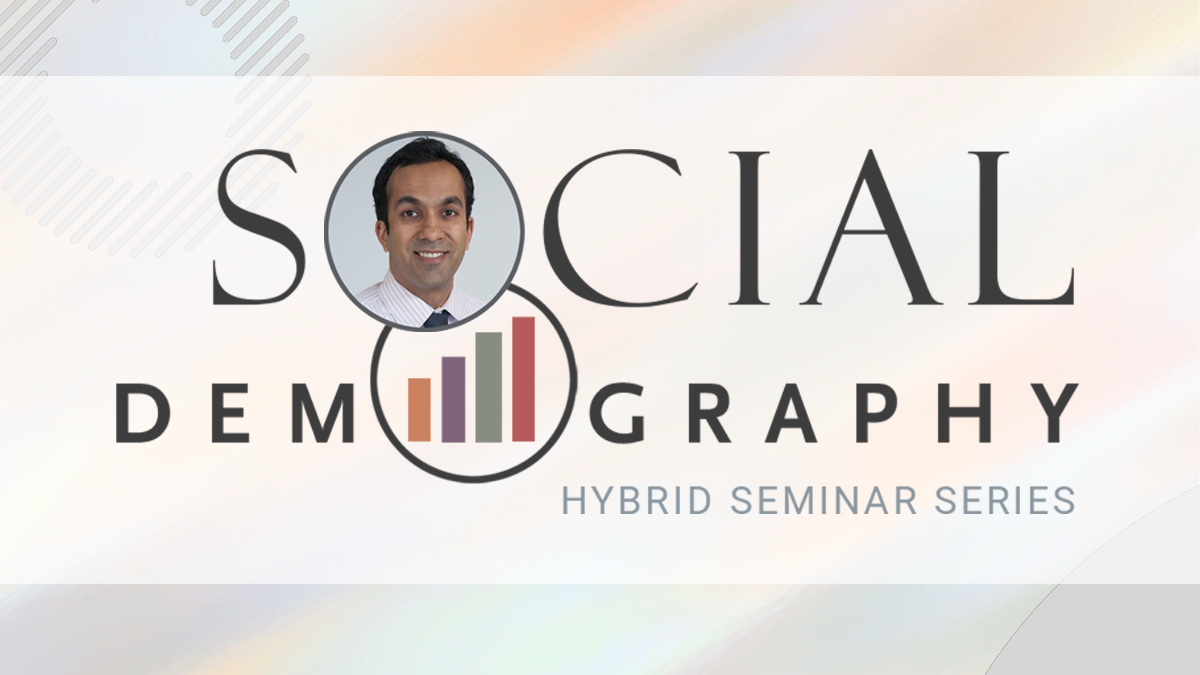
Atheendar Venkataramani, MD, PhD, associate professor, medical ethics and health policy, Perelman School of Medicine, University of Pennsylvania, presents “Political power and mortality: Heterogeneous effects of the U.S. Voting Rights Act.” This seminar is co-sponsored by the Department of Social and Behavioral Sciences at Harvard T.H. Chan School of Public Health. The Social Demography Seminar (SDS) series at the Center for Population and Development Studies provides a lively forum for scholars from across the university to discuss in-progress social scientific and population research. Social demography includes work that uses demographic methods to describe and explain the distribution of social goods across populations. The hybrid series offers presentations on a wide variety of topics such as family, gender, race/ethnicity, population health—including mortality, morbidity, and functional health—inequality, immigration, fertility, and the institutional arrangements that shape and respond to population processes.
Speaker Information
Atheendar Venkataramani, MD, PhD
Organizers
Art Exhibit Opening Reception: Call and Response

Please join us to celebrate the opening of our newest art exhibit: “Call and Response: A Narrative of Reverence to our Foremothers in Gynecology.”
Countway Library is thrilled to host this exhibit, on loan from the Resilient Sisterhood Project through mid-January. “Call and Response” sheds light on the exploitation of enslaved Black women in the origins of modern gynecology, centering the lives of Anarcha, Betsey, and Lucy—three women subjected to repeated experimental surgeries by Dr. J. Marion Sims in the 1840s. Curated by the Resilient Sisterhood Project with artist Jules Arthur, the exhibition blends past and present, honoring these foremothers while highlighting generations of Black women who transformed medicine. This powerful narrative invites us to unearth history, confront the present, and imagine a more just future for reproductive health. Learn more about the exhibit at countway.info/call.
The opening reception will feature artist and curator statements, a panel discussion, the unveiling of the newest addition to the collection, live music by pianist Kimie Han, and light refreshments. All are welcome! Please register at countway.info/callreception.
Speaker Information
Jules Authur
Dr. Michele David
Dr. Yvonne Gomez-Carrion
Lilly Marcelin
Organizers
Get Job Ready: A Career Panel with SBS Alumni
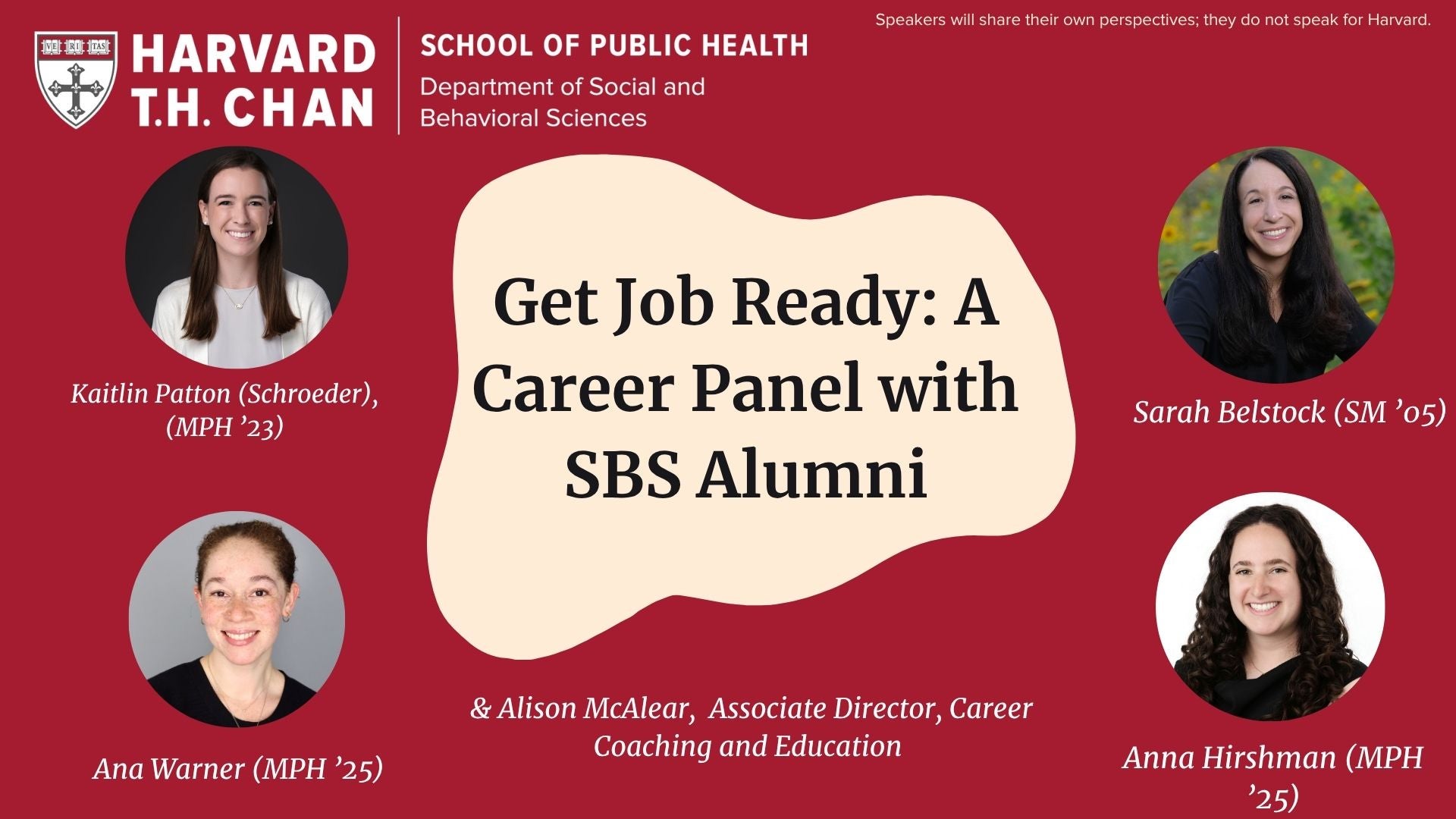
Please join us for an SBS seminar session to help you navigate the current public health job market. Hear from a panel of accomplished SBS alumni, including Ana Warner, Sarah Belstock, Anna Hirshman, and Kaitlin Patton (Shroeder), who will share their unique journeys and offer insights on how to best leverage your own skills and experiences as you enter the job search. Alison McAlear from Career Services will also be there to connect you to helpful resources. After our panel discussion, you’ll have the chance to chat informally with alumni, ask your questions, and build connections.
Speakers will share their own perspectives; they do not speak for Harvard.
Speaker Information
Kaitlin Patton (Schroeder), MPH'23

Ana Warner, MPH’25
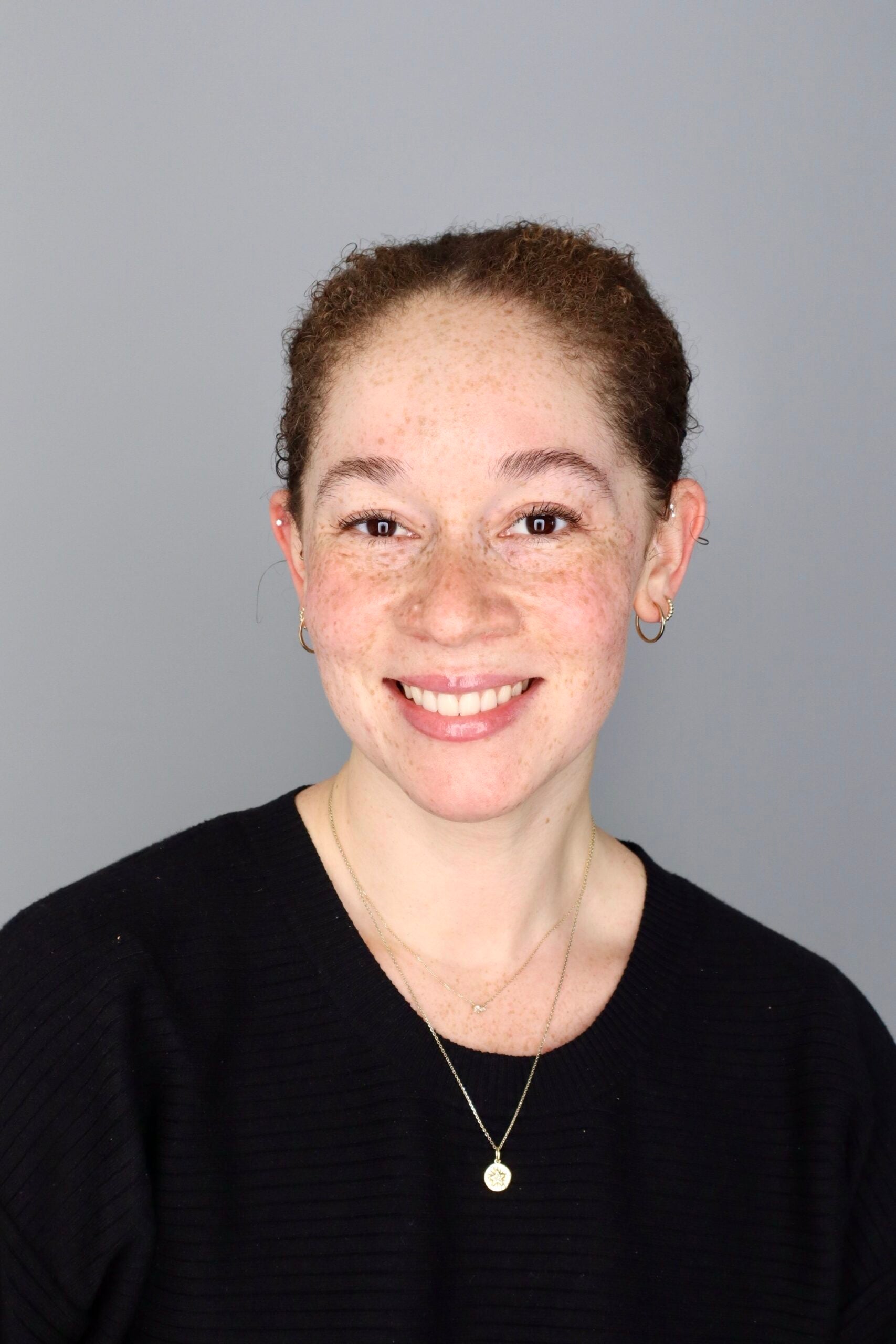
Sarah Belstock, SM '05
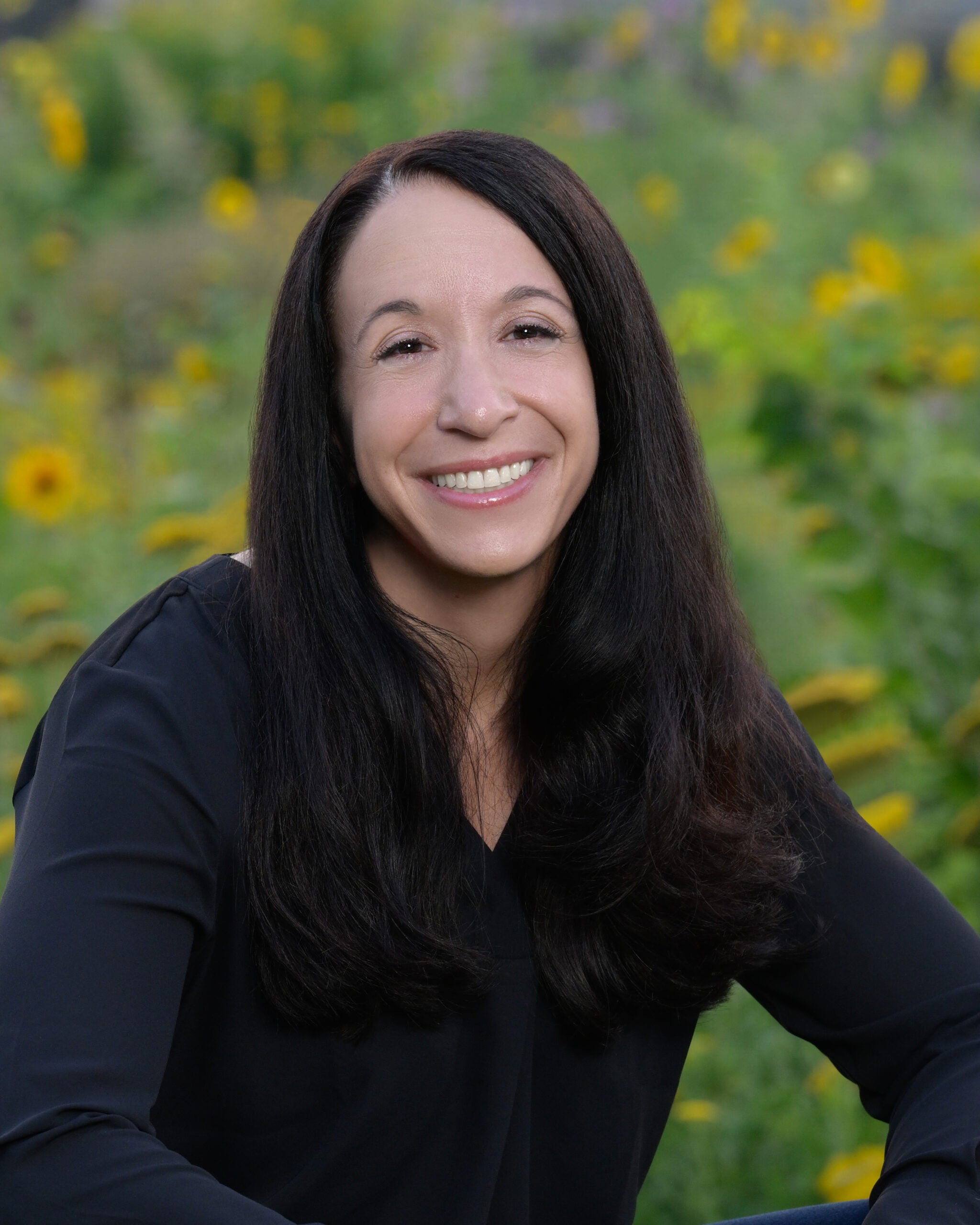
Anna Hirshman, MPH ’25
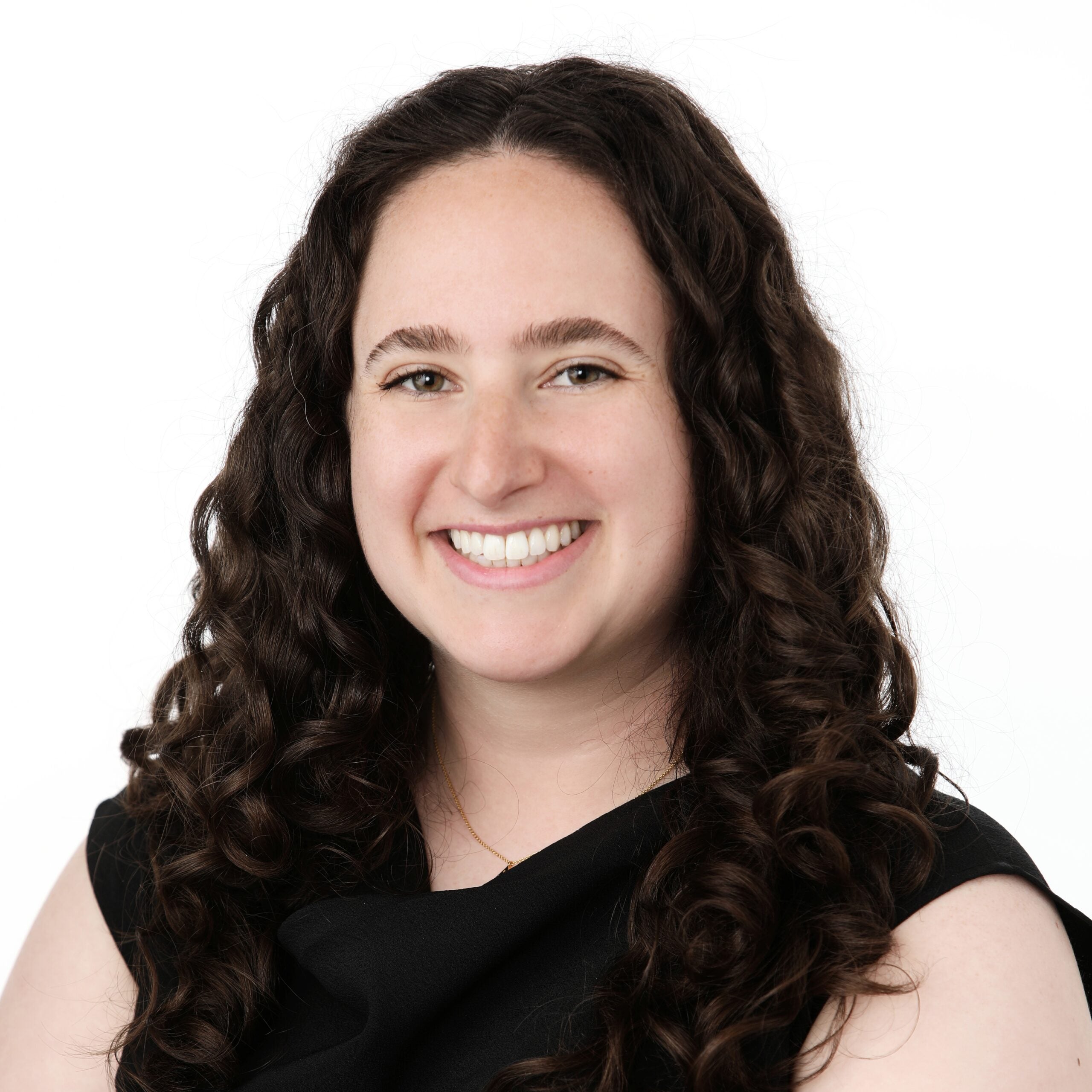
Alison McAlear
